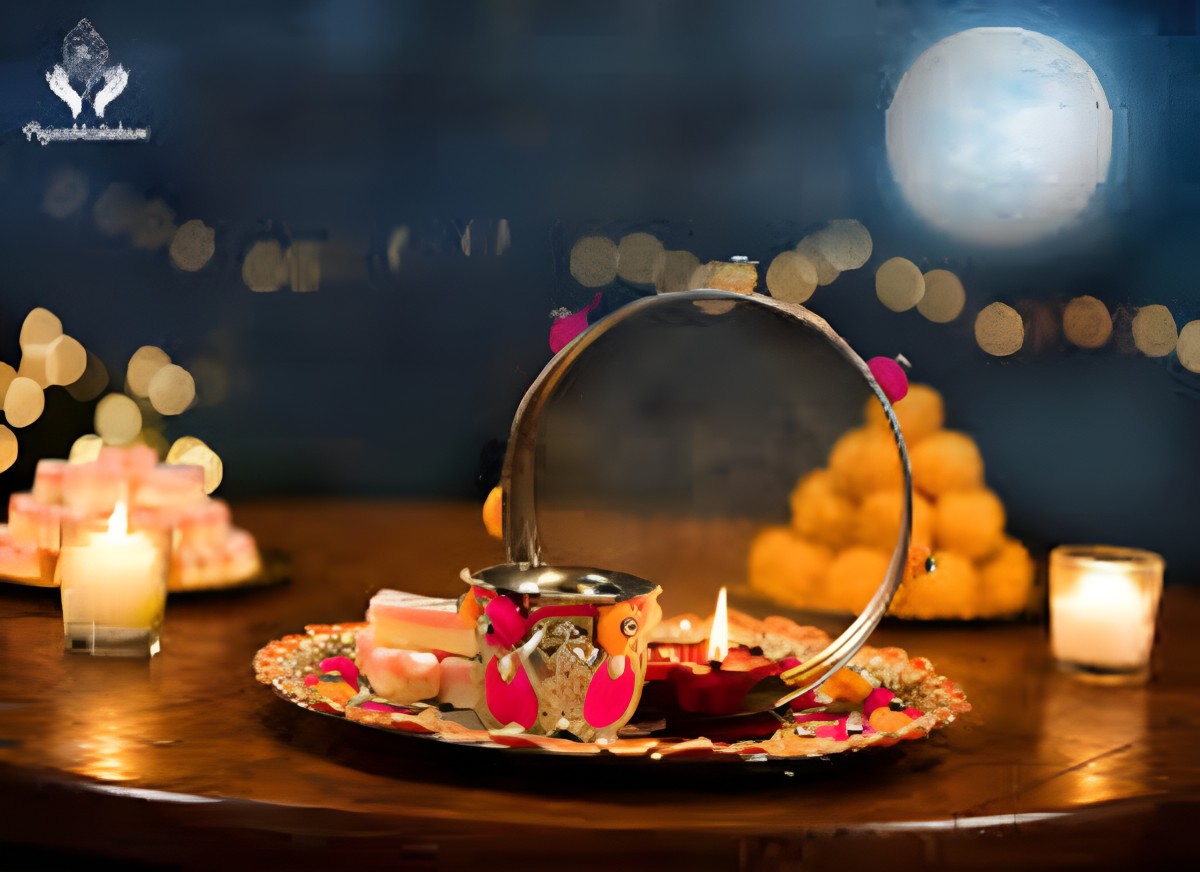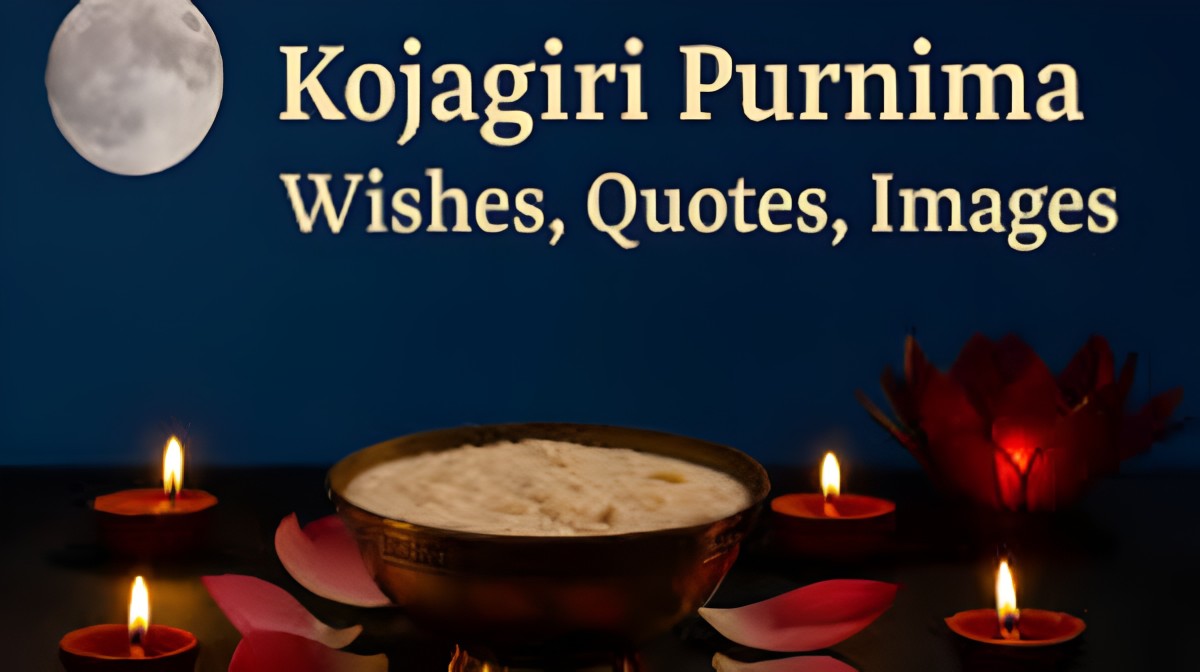Married Hindu women, especially in North India, celebrate Karwa Chauth as one of their most cherished and emotionally significant festivals. They observe vibrant rituals with emotional depth and spiritual intensity. Karwa Chauth goes beyond a simple fast—it symbolizes unwavering love, deep devotion, and the sacred bond of marriage.
What is Karwa Chauth?
Married Hindu women observe Karwa Chauth as a one-day festival by fasting from sunrise to moonrise for the long life, prosperity, and well-being of their husbands. The word ‘Karwa’ refers to an earthen pot used in the rituals, and ‘Chauth’ means the fourth day. Women observe this fast on the fourth day after the full moon (Purnima) in the Hindu month of Kartik, which typically falls in October.
Also Read:Cloudburst in Dehradun: What It Reveals About Rising Climate Risks
The Significance of Karwa Chauth
Symbol of Love and Commitment
At its core, Karwa Chauth is a celebration of love, loyalty, and sacrifice. Fasting without food or water throughout the day is seen as a gesture of deep devotion. The emotional strength of this day lies in the thought that a wife’s prayers and penance can protect her husband’s life and bring prosperity to the family.
Spiritual Cleansing and Inner Strength
Beyond its romantic undertones, the festival has spiritual dimensions. Fasting is considered a means of self-purification in many Hindu practices. The day encourages women to practice self-discipline, mindfulness, and spiritual connection.
Strengthening Social and Family Bonds
Karwa Chauth is not just a ritual between husband and wife; it also serves to strengthen community bonds. Women gather, often dressed in traditional attire, apply mehndi (henna), and share stories, songs, and prayers, creating a strong sense of sisterhood and solidarity.
Historical Origins and Legends
The history of Karwa Chauth is rooted in mythology, folklore, and cultural evolution. Several legends are associated with its origin, each emphasizing a woman’s love and sacrifice for her husband.
1. The Story of Queen Veeravati
According to legend, Veeravati was a devoted wife and the only sister among seven brothers. She began her first Karwa Chauth fast after getting married. Weakened by hunger, her brothers tricked her into breaking the fast by faking moonlight using a mirror. Tragically, as soon as she ate, she received news of her husband’s death. Distraught, she prayed to Goddess Parvati, who granted her a second chance. She re-observed the fast with full devotion and revived her husband.
2. The Legend of Karwa and Her Husband
Another tale is of Karwa, a devoted wife whose husband was attacked by a crocodile while bathing. With immense spiritual strength and devotion, she cursed the crocodile and demanded justice from Yama, the god of death. Impressed by her piety and love, Yama spared her husband and granted them both a long life.
3. Satyavan and Savitri
Though not directly linked to Karwa Chauth, the story of Savitri, who pleaded and argued with Yama to bring back her husband Satyavan to life, resonates with the essence of the festival — a wife’s dedication and spiritual strength overcoming even death.
Traditional Rituals and Celebrations
Sargi (Pre-Dawn Meal)
The day begins before sunrise with Sargi, a special meal given to the fasting woman by her mother-in-law. It includes fruits, sweets, dry fruits, and other nutritious foods that provide energy for the day-long fast.
Fasting and Puja
Women observe a strict nirjala fast (no food or water) from sunrise to moonrise. In the evening, they gather for the Karwa Chauth Puja, often in a circle, dressed in traditional attire, adorned with bangles, bindis, and mehndi. The karwa (clay pot) is decorated and used during the rituals. An elder woman or a priest narrates the Karwa Chauth Katha (story) during the puja.
Moonrise and Breaking the Fast
As night falls, women wait anxiously for the moon to rise. Once visible, they view it through a sieve or a dupatta, offer water and prayers to the moon, and then look at their husband through the sieve. The husband then helps break her fast, often by offering her water and the first bite of food — a moment of deep emotional and spiritual connection.
Modern-Day Relevance
In today’s world, Karwa Chauth has evolved in many ways:
- Some husbands also fast alongside their wives as a gesture of mutual love and respect.
- Couples in long-distance relationships celebrate via video calls, syncing moonrise timings in different cities.
- The festival is celebrated not just by Hindus, but also by people from different backgrounds who embrace its emotional and symbolic aspects.
While modern views may question traditional gender roles, many couples see Karwa Chauth as an expression of love, equality, and companionship, adapting the rituals to suit their own values.
Conclusion
Karwa Chauth beautifully blends faith, emotion, tradition, and togetherness. Though it draws its roots from ancient customs and mythology, it continues to celebrate love, life, and the sacred bond of marriage. Whether couples observe it in a traditional way or adapt it to the modern world, Karwa Chauth inspires devotion and strengthens relationships—one fast at a time.
Also Read : Nitin Gadkari Major Warning After Operation Sindoor: ‘World War III Could Erupt Anytime











